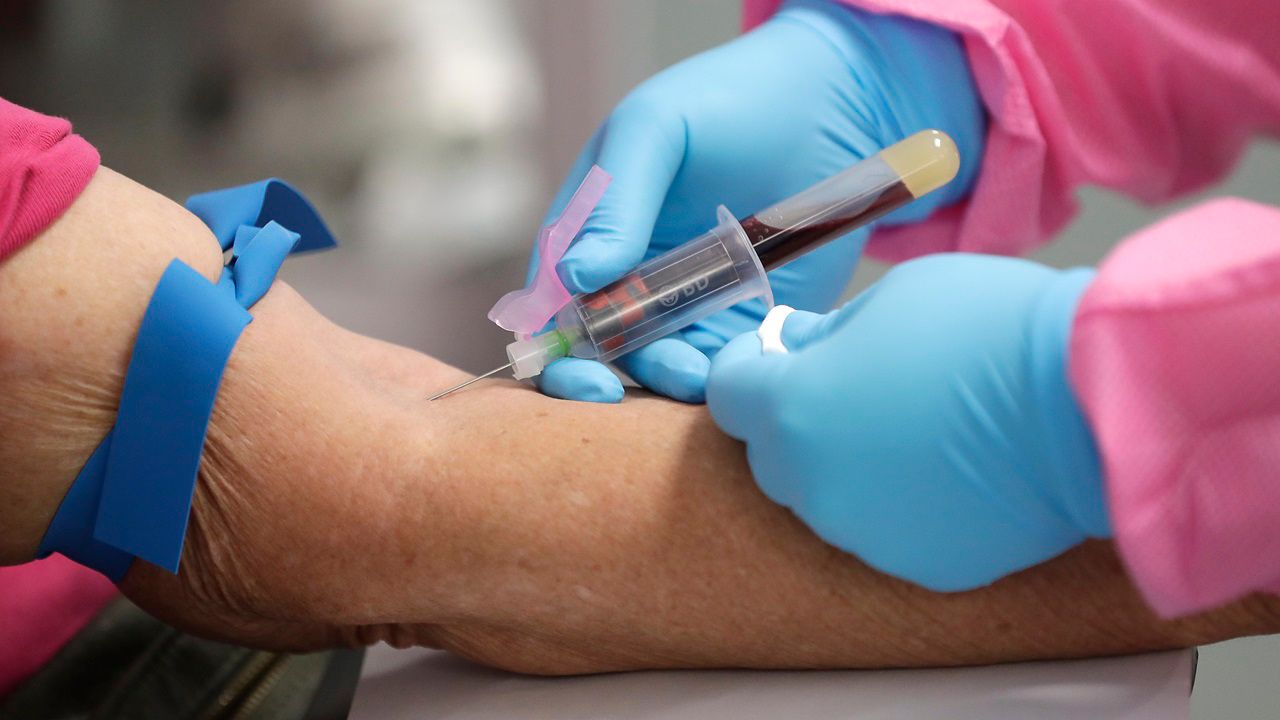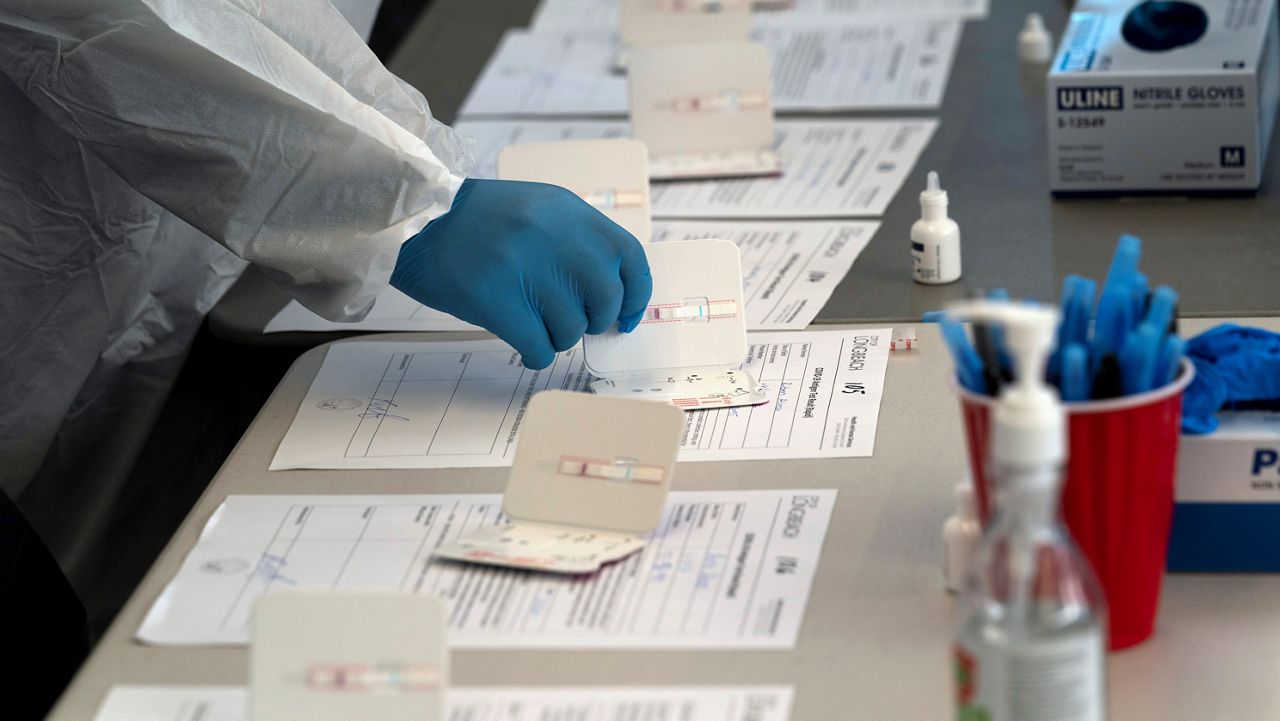When Maria Moscatiello and her three daughters get to work, they produce at a prolific rate.
“[We’ve made] probably over 10,000, over,” Moscatiello’s daughter Anna Wood emphasized. “We don’t keep track because that’s all we’ve been doing.”
“I’ve got experience, I do it fastest because I’ve been doing this since I was seven years old,” Moscatiello said. “My father was a tailor.”
The owner of Maria’s Sewing Center in Troy for 42 years, the native of Italy and her family have spent most of the past five months sewing and selling masks to help slow the spread of COVID-19.
“We’ve been working a lot of hours to keep up with this,” Moscatiello said.
“It’s something new for us, we’ve never done this before,” Wood said.
According to a new study conducted by scientists at Duke University, the type of cotton mask the family specializes in are among the most effective varieties of face coverings a person can wear.
Using a camera and special light that turns droplets green, the Duke researchers measured the amount of droplets that get through 14 different types of face coverings when a person is repeating the same phrase several times.
Predictably, N-95s and surgical masks were most effective, but cotton wasn’t too far behind.
“We are happy it’s cotton because that's what we work with, only cotton,” Wood said.
Bandanas and so-called neck gaiters performed the worst, but were still deemed more effective than no covering at all.
“I think [wearing a mask] is important, especially with the sickness,” Moscatiello said.
With no signs that demand for their masks will be slowing any time soon, Maria and her daughters remain hard at work.
“I think they’re the best,” Moscatiello said of her masks. “The kids, they love the design.”
“We are so happy we can help people, little kids, we are happy we can help them out,” Wood said.









